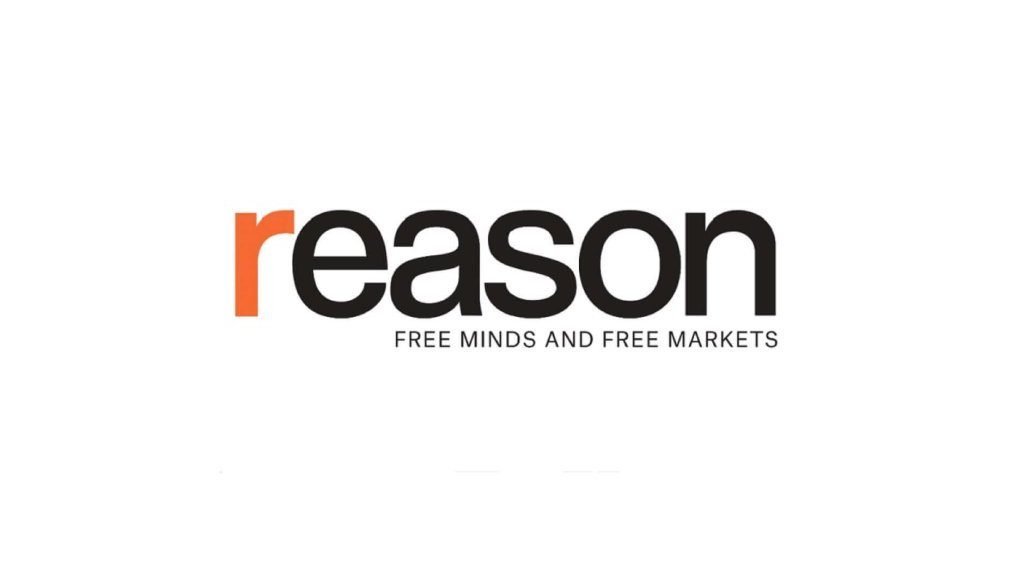Braidwood Distinguishes Between “Officers of the United States” And “Employees”
There is much to say about the Supreme Court’s decision in Kennedy v. Braidwood Management, Inc. The majority opinion by Justice Kavanaugh and the dissent by Justice Thomas disagree on just about every point. But one area where there is substantial agreement concerns the line between an “Officer of the United States” and a mere employee. Indeed, I think the majority and dissent state this issue with more clarity than in previous cases.
Justice Kavanaugh’s majority opinion explains:
The Appointments Clause in Article II of the Constitution specifies how “Officers of the United States,” as distinct from employees, must be appointed. §2, cl. 2.
Here, the Court draws a bright line between an “Officer of the United States” and a mere employee. And what is that line?
Quoting Lucia, Justice Kavanaugh explains the line turns on whether the individual exercises “significant governmental authority.”
An officer exercises “‘significant authority pursuant to the lawsof the United States.'” Lucia v. SEC, 585 U. S. 237, 245 (2018). An employee, by contrast, does not exercise significant governmental authority. See ibid.
Justice Kavanaugh does not quite say that employees cannot exercise “significant authority.” He says they do not exercise such authority. Still, I think a plausible reading of Justice Kavanaugh dissent is that an employee cannot exercise “significant authority.” If an employee could exercise “significant” authority, then there would not be a distinct line between “Officer of the United States” and an “employee.” Indeed, without this line, Congress could vest unaccountabl
Article from Reason.com

The Reason Magazine website is a go-to destination for libertarians seeking cogent analysis, investigative reporting, and thought-provoking commentary. Championing the principles of individual freedom, limited government, and free markets, the site offers a diverse range of articles, videos, and podcasts that challenge conventional wisdom and advocate for libertarian solutions. Whether you’re interested in politics, culture, or technology, Reason provides a unique lens that prioritizes liberty and rational discourse. It’s an essential resource for those who value critical thinking and nuanced debate in the pursuit of a freer society.




